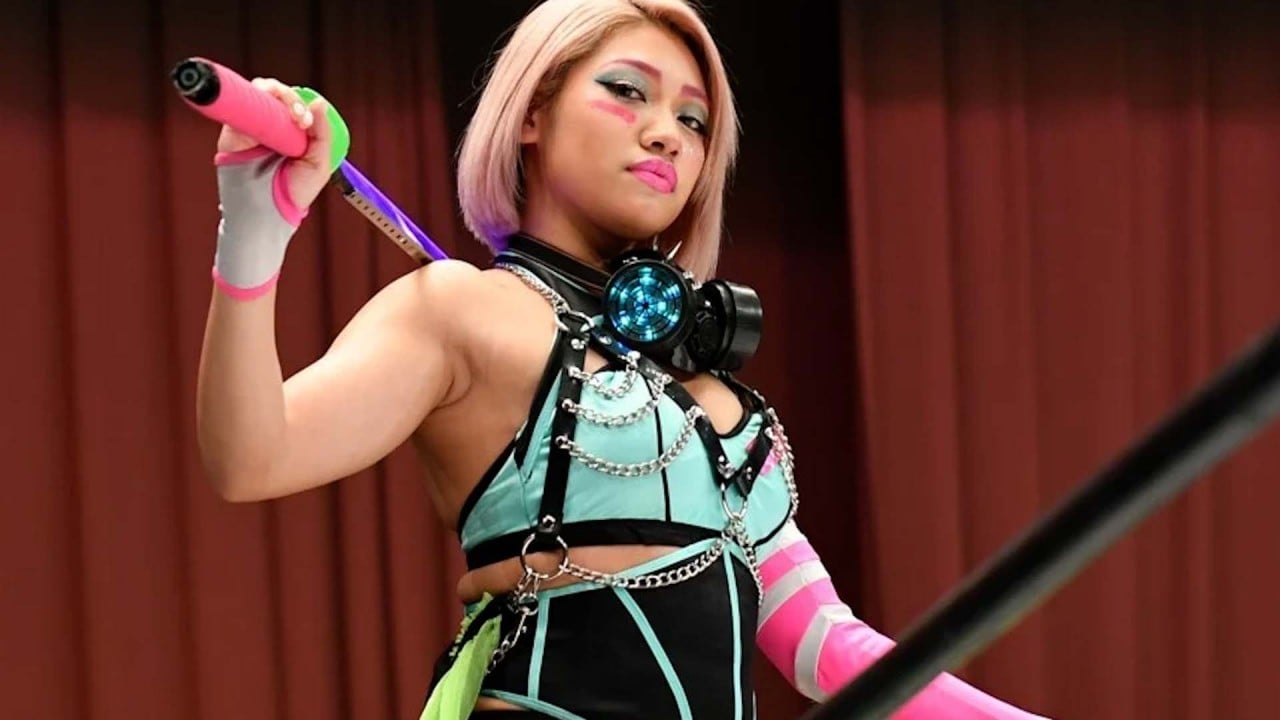
Bullying is not just a ‘youth’ issue, it’s a problem for all of society – and it’s getting worse
- Videos of pupils being beaten by classmates are only the most visible signs of a growing problem in Hong Kong
- Yet, given the prevalence of bullying among adults, and the viral nature of bullying videos which makes viewers complicit, a society-wide effort is clearly needed to tackle the problem

A recent video that went viral showed a 12-year-old girl, on her knees, being slapped in the face about 20 times by a group of teenagers on a rooftop. Like the many videos that have gone viral before – one from 2020 showing a young girl being ordered to eat sand from a fire bucket and hit on the head and arms with the bucket lid comes to mind – it documents a stubborn problem that has not gone away.
Bullying has arguably existed since the beginning of human civilisation. At its core is power play. It is about creating and taking advantage of an imbalance of power, whether it lies in muscle strength or headcount, or both. It’s the deliberate and repeated use of aggression, whether verbal or physical, to cause harm. It’s not harmless playground scuffles. Yet we, as a community, have failed to address it.
Numerous studies and surveys have pointed to an alarming situation. Despite the suspension of in-person classes when the city was grappling with Covid-19 in 2021, bullying at Hong Kong’s primary and secondary schools hit a 10-year high; reported cases jumped more than 50 per cent from the previous year.
According to the latest Education Bureau figures revealed to the Legislative Council, reported cyberbullying cases in the city’s public primary and secondary schools have almost doubled in the past four years.

Research conducted by NGOs has painted an even grimmer picture. One study, by Save the Children, found that almost 25 per cent of students surveyed were often or always worried about being bullied or having to deal with violence from other children and young people. One in four Hong Kong children live in constant fear and feel under threat.
The impact of bullying on mental health and development is enormous. To have engaged in or to have been on the receiving end of repeated and intentional harm will obviously have lasting effects that go beyond the school years. And, indeed, bullying occurs every day inside homes and workplaces.
While we should absolutely address the problem in our schools, it is naive to treat bullying as only a “youth” issue. Doxxing – publishing private personal information about an individual or organisation online, for the purpose of shaming, ridicule and harassment – didn’t start off as a youth problem. We taught our young people how to weaponise private information, so we don’t get to wash our hands clean like Pontius Pilate.
It is not just the bullies or the bullied that we need to worry about. Take all those video clips that have gone “viral”. Someone had to hold the camera. It is clear that the ones documenting these acts took an active part in the assaults. They are creating and contributing to the culture of bullying. They are, at the very least, accomplices.
How about the bystanders and onlookers, who gave the bullies an audience? Research from 2019 conducted by local think tank MWYO found that 33.9 per cent of the city’s secondary school students considered themselves bystanders, while 12.2 per cent identified as victims and 6.5 per cent as the abusers. Witnesses are not immune to the impact of bullying. They may be scared of repercussions, or of being bullied themselves.
And yet their participation, as witnesses and the audience, plays a crucial role. It also raises an important question. If we focus on educating and providing support for the 33.9 per cent who identified as “bystanders”, to stand up and intervene, then we may have a fighting chance against the bullying culture in schools.
We must turn perpetrators – however unwilling or unfortunate they were for being in the wrong place at the wrong time – into active agents who disrupt the act. As the school year comes to a close, I want to challenge the city’s class of 2022 to lead us in rising to the challenge of being that someone who steps in and speaks out.
Alice Wu is a political consultant and a former associate director of the Asia Pacific Media Network at UCLA
